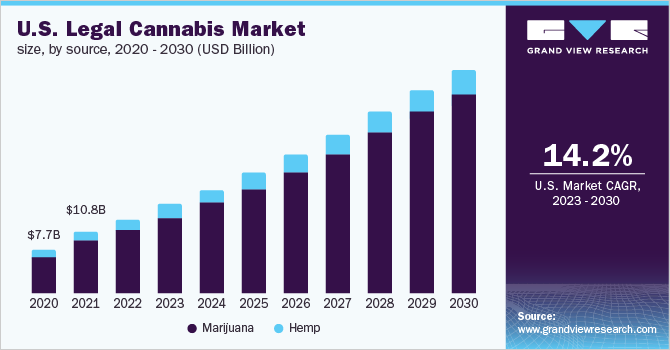The Legal Gray Area: CBD Legal Battles Persist, Leaving Consumers and Businesses in Limbo
The CBD Industry and Its Legal Uncertainty
In recent years, Cannabidiol (CBD) products have gained significant popularity due to their potential health benefits. With claims of alleviating pain, reducing anxiety, and promoting overall well-being, many consumers have turned to CBD as a natural alternative. However, the legal status of CBD remains a confusing and contentious issue, leaving both consumers and businesses in a state of uncertainty.
The Farm Bill and the Rise of CBD
The passage of the 2018 Farm Bill was seen as a major victory for the CBD industry. The bill legalized the cultivation of hemp and removed it from the list of controlled substances. Hemp is a major source of CBD, making it a crucial development for the market. However, the Farm Bill did not provide clear guidelines on the regulation of CBD products, leading to ongoing legal battles and a lack of consistent enforcement.
The Conflicting State and Federal Laws
One of the biggest challenges facing the CBD industry is the clash between state and federal laws. While the Farm Bill legalized hemp-derived CBD at the federal level, individual states have the authority to regulate CBD within their borders. This has resulted in a patchwork of regulations, with some states allowing CBD products only for medicinal purposes, while others have banned it altogether.
The FDA’s Stance on CBD
The Food and Drug Administration (FDA) has also contributed to the legal ambiguity surrounding CBD. So far, the FDA has only approved one CBD-based prescription medication for the treatment of epilepsy. However, the agency has not provided clear guidelines on the use of CBD in other products, such as dietary supplements and cosmetics. This has created confusion for businesses and consumers alike, leaving them unsure about the legality and safety of CBD products.
The Impact on Consumers and Businesses
The legal gray area surrounding CBD has significant consequences for both consumers and businesses. For consumers, the lack of clear regulations makes it difficult to determine the quality and safety of CBD products. Without proper oversight, there is a risk of purchasing counterfeit or contaminated products that may pose health risks.
Furthermore, businesses operating in the CBD industry face numerous challenges. The uncertain legal landscape makes it difficult for them to navigate the market and develop consistent business strategies. Financial institutions also hesitate to provide banking services to CBD businesses due to the legal uncertainty, making it harder for companies to access capital and grow their operations.
The Need for Clarity
To address these issues, there is a pressing need for clear and comprehensive regulations at both the federal and state levels. This would provide consumers with confidence in the products they purchase and give businesses the stability they require to thrive. Furthermore, it would enable researchers and scientists to conduct studies on CBD without the fear of legal repercussions, advancing our understanding of its potential benefits and risks.
Until concrete regulations are in place, the legal battles involving CBD will likely continue, leaving both consumers and businesses caught in a state of ambiguity. It is crucial for lawmakers, regulators, and stakeholders to work collaboratively to ensure the responsible and consistent regulation of CBD, providing consumers with safe options and businesses with a stable and thriving market.
Share:



